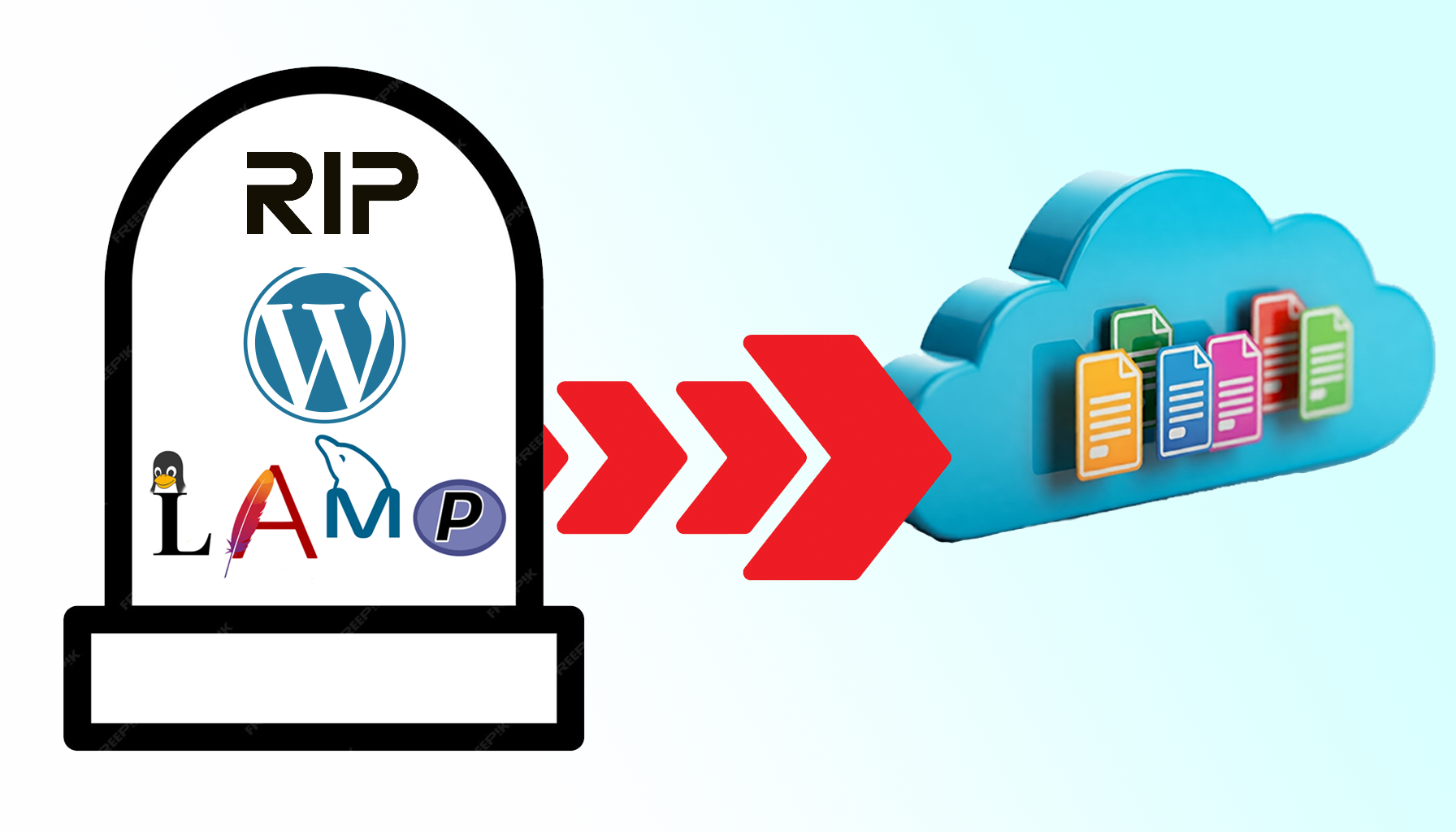Linux
Migrating off of WordPress - A Simplified Stack
The ongoing drama between Wordpress v WP Engine continues to cross my reading list, but I have permanently removed WordPress from my website. I have finally transitioned away from the complex Linux/Apache/MySQL/PHP (LAMP) stack required for self-hosting WordPress on my professional website.
Read moreLoops in shell scripting
If you are die hard Bourne Shell (/bin/sh) scripter, it can be a challenge not to be enticed by the syntax niceties of the Born Again Borne Shell (/bin/bash). One example is the `{.
Read moreImproving performance – A full stack problem
Improving the performance of a web system involves knowledge of how the entire technology stack operates and interacts. There are many simple and common tips that can provide immediate improvements for a website.
Read moreIdentify package management file contents
Recently when implementing Milliseconds in MySQL Proxy Lua Script I needed to identify what was installed from a given package. For CentOS $ sudo yum install -y yum-utils $ repoquery -q -l --plugins lua-socket /usr/lib64/lua/5.
Read moreUnderstanding installing MySQL rpm versions
I have a problem with an easy way to install MySQL via rpm without resorting to specifying the exact point release of MySQL. Presently my local yum repository has versions of 5.
Read moreMySQL Permissions – Restarting MySQL
I am working with a client that is using managed hosting on dedicated servers. This has presented new challenges in obtaining the right permissions to undertake MySQL tasks but not have either ‘root’ or ‘mysql’ access and not have to involve a third party everytime.
Read moreMonitoring MySQL options
My recent poll What alert monitoring do you use? showed 25% of the 58 respondents to bravely state they had no MySQL monitoring. I see 1 in 3, ~33% in my consulting so this is consistent.
Read moreUsing the Query Cache effectively
Maximize your strengths, minimize your weaknesses. You can apply this approach to many things in life, I apply it to describing and using MySQL the product, and it’s components. The Query Cache like many features in MySQL, and indeed features in many different RDBMS products (don’t get me started on Oracle *features*) have relative benefits.
Read moreIdentifying Resource Bottlenecks – Disk
With a discussion on identifying CPU and Memory bottlenecks achieved, let us now look at how Disk can affect MySQL performance. One of the first steps when addressing a MySQL performance tuning problem is to perform a system audit of the physical hardware resources (CPU,Memory,Disk,Network), then identify any obvious bottlenecks in these resources.
Read moreMySQL DML stats per table
MySQL provides a level of statistics for your INSERT, UPDATE, DELETE, REPLACE Data Manipulation Language (DML) commands using the STATUS output of various Com_ variables, however it is per server stats.
Read moreHas your blog been hacked?
While not a MySQL topic, as most of my readers view my MySQL Blog, my WordPress blog has been hacked? Has yours? Like many, I’m sure you may have read about it like at WordPress blogs under attack from hack attack but I was surprised when my custom permlinks did not work.
Read moreWhat do you monitor in MySQL?
If you are unfamiliar with what to monitor in MySQL, starting with looking at what popular Monitoring products monitor. For example, the following is the list of MySQL Cacti Plugin measurements.
Read moreSQL query analysis with MySQL Proxy
Long before there was the official Query Analyzer (QUAN), a component of MySQL Enterprise, SQL analysis was possible using MySQL Proxy . The following is an introduction to logging and query analysis with MySQL Proxy.
Read moreSeeking public data for benchmarks
I have several side projects when time permits and one is that of benchmarking various MySQL technologies (e.g. MySQL 5.0,5.1,5.4), variants (e.g. MariaDB, Drizzle) and storage engines (e.g. Tokutek, Innodb plugin) and even other products like Tokyo Cabinet which is gaining large implementations.
Read more